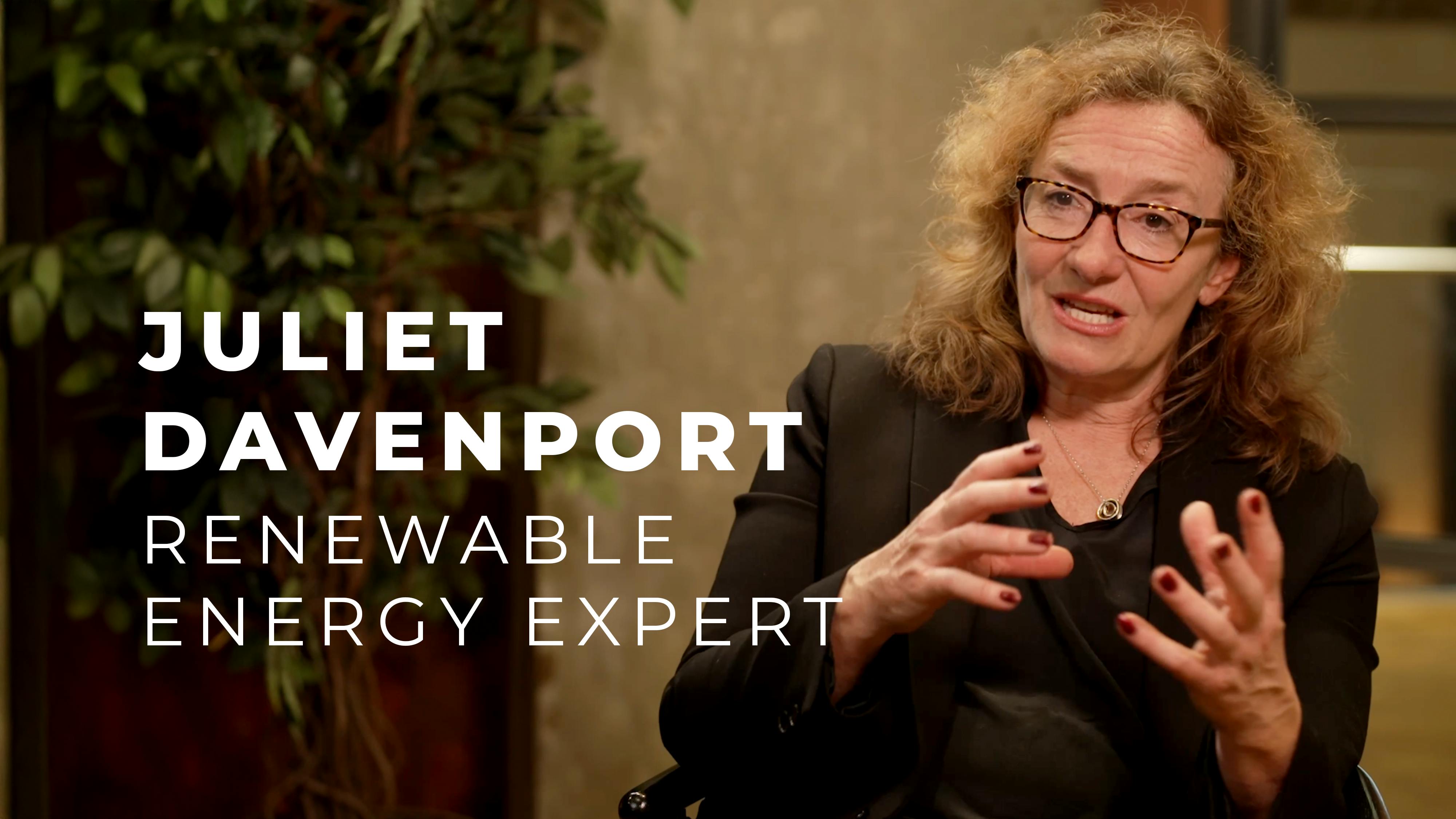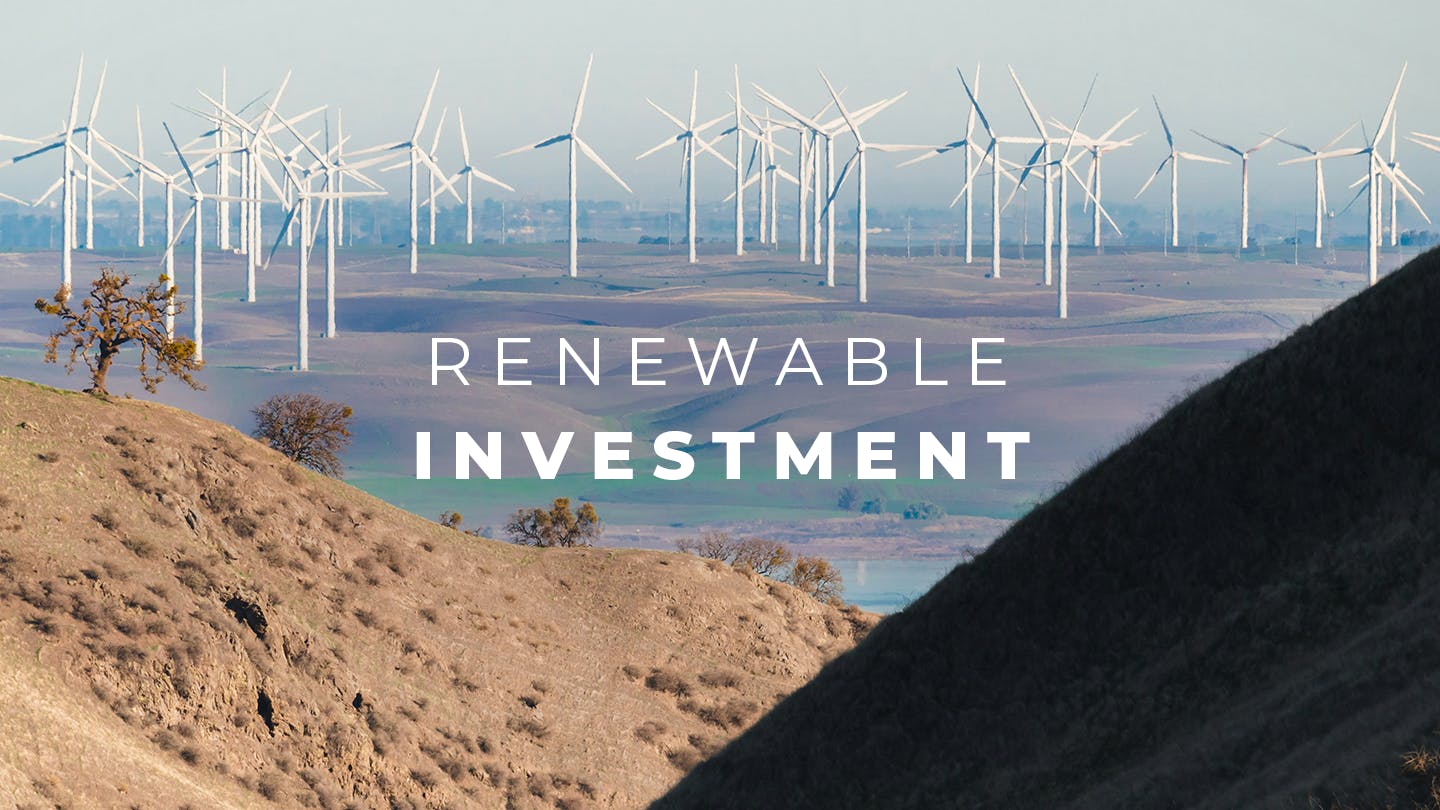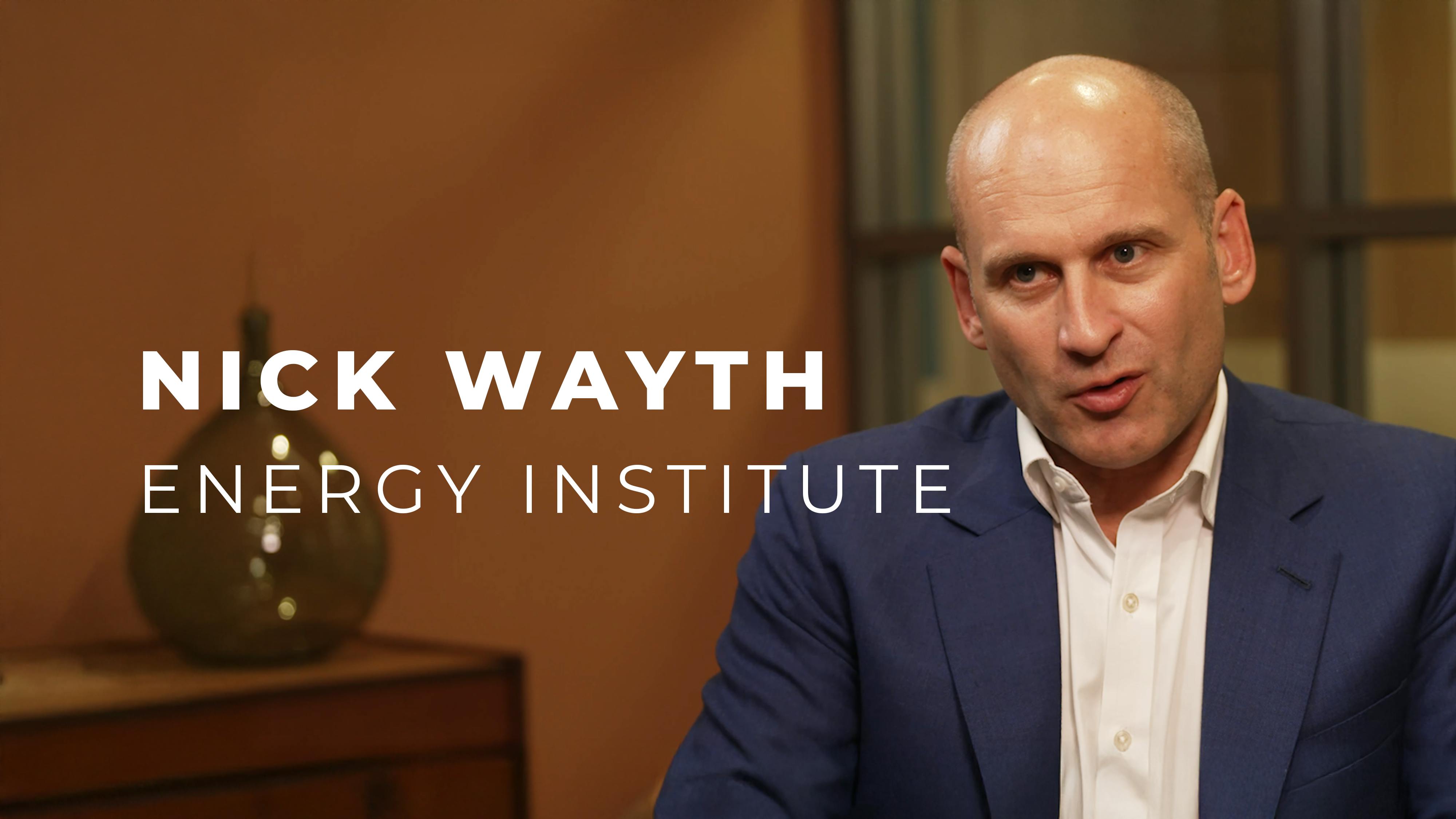
RE:imagine Energy
How will we power the world of tomorrow without further polluting the atmosphere?
As the economic rationale for renewables makes them ever more attractive to investors and consumers, innovative technologies continue to emerge that promise to accelerate our transition from the age of fossil fuels into a new era of clean energy.
Whether reinventions of traditional renewables or breakthroughs in fusion and hydrogen, the future of energy is within reach.
The Economics Of Renewables
Professor J. Doyne Farmer, Director of Complexity Economics at Oxford Martin School, explains how new economic modelling predicts that a transition to a nearly 100% clean energy system by around 2050 would bring economic benefits of approximately $12 trillion globally.

Hydrogen Insights
What role could this abundant source of power play in the clean energy transition?
Hydrogen Case Studies
How is clean hydrogen already transforming industry?
Transformative Energy
Fusion reactions power the sun and stars. The same process could provide an abundant, reliable and clean alternative to fossil fuels. As technology advances, the race to bring fusion to market is quickly gathering pace – and its boundless potential could even be realised sooner than we think.

Fusion
How long before fusion delivers on its promise of abundant clean energy? These three experts share their perspective.
The Power Of Nature
Nature contains enough energy to provide power for us all – from sunlight and wind, oceans and rivers, to the very earth beneath our feet. The challenge we face now is how to harness and store that raw power and make sure everyone has access to it.

Earth and Wind
Harnessing the winds of change to power a cleaner future
Wave and Hydro
Reimagining one of the oldest sources of clean energy
Maximising The Potential Of Renewables
We must urgently decarbonise the systems that power our world in order to continue on our current path of prosperity. Watch our interview with renewable energy expert Juliet Davenport to learn how innovation is already sparking change.

Solar
Supercharging innovation in solar power
Invenergy
How one company harnessed the Inflation Reduction Act to drive investment in renewables across the United States.

The Power Of Remote Solar
Bringing reliable, affordable clean energy to remote communities
Transforming Energy Systems
What will the energy sector look like in 2050? Fossil fuels currently account for 80% of global energy consumption, but as the Energy Institute's Chief Executive Nick Wayth explains, rapid innovation in cleantech is set to transform the landscape.

Transport
Which clean energy sources are driving the transition to net-zero transport systems?
































